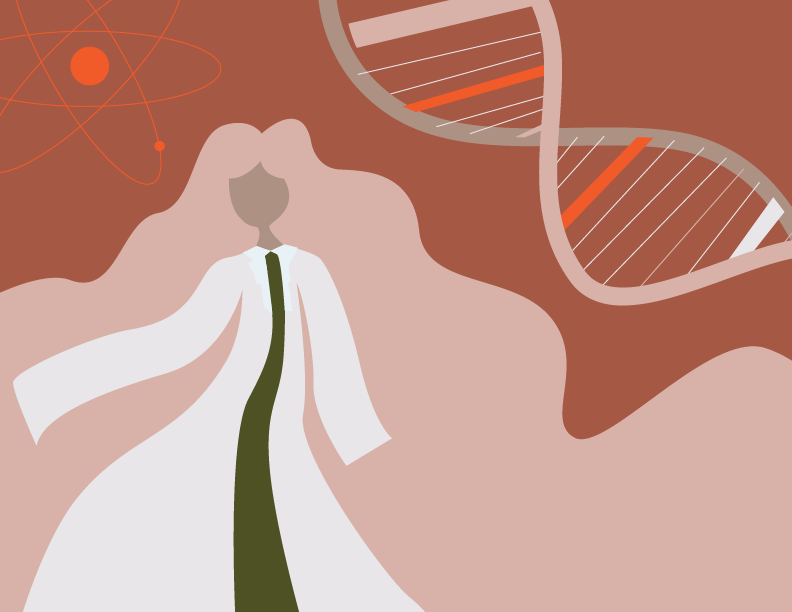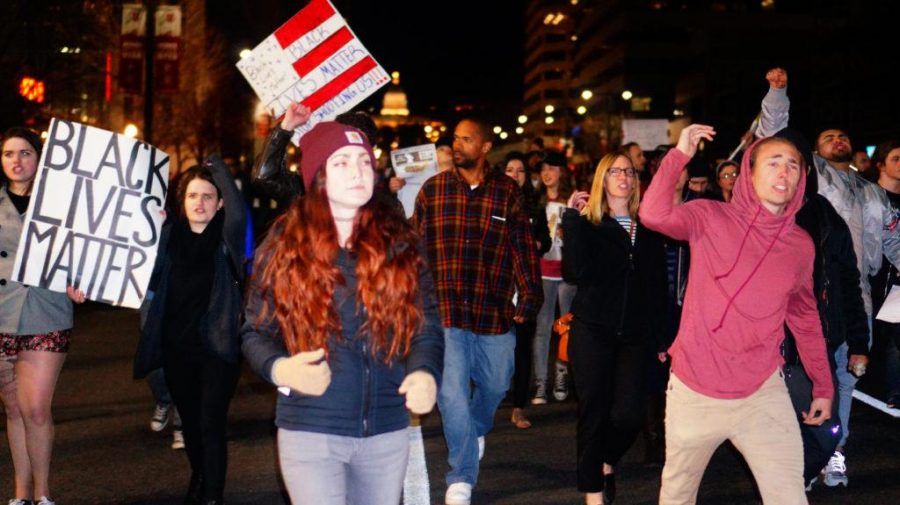I first heard about the Implicit Association Test (IAT) while reading Malcolm Gladwell’s book “Blink” a few years ago. The IAT is a test used by social psychologists to measure subconscious biases. The most famous iteration measures the associations that people have towards white people and black people. Gladwell’s account of taking the test was striking: he is half black (his mother is Jamaican), yet he was rated as having a “moderate automatic preference for whites.”
After recovering from an initial wave of what he called “mortification” upon receiving his results, Gladwell asked himself if he is “a racist, a self-hating black person,” and quickly answered, “not exactly.” But he is a product of an American culture that conditions people of all backgrounds to venerate what is still, barely, the majority race: whites. In typical Gladwellian fashion, drawing equally and effectively from social science research and personal anecdote, he argued that “our unconscious attitudes may be utterly incompatible with our stated conscious values,” especially regarding things like race.
I have made a similar argument for years, especially when discussing race relations with peers who were convinced that racism in America is dead and that they always treat everyone equally. Until reading about the IAT, however, it was my word against theirs. Now I had data on my side. Gladwell points out that about half of African Americans who have taken the IAT “have stronger associations with whites than with blacks.” Meanwhile, 73 percent of all respondents – totaling more than half a million participants – associate blacks with weapons more than they do whites.
Recent events have brought this issue to the forefront of public discourse again. Stories of racially-skewed police brutality continue to emerge at an alarming clip. Protests by athletes have reignited intense debate. People have been forced to choose sides between “Black Lives Matter” or “All Lives Matter,” between mourning the death of Philando Castile and Alton Sterling and other unarmed black men or mourning the deaths of police officers in Dallas and elsewhere. That these have ostensibly become mutually exclusive is deeply troubling.
The IAT data helps explain why this happens, though. Very few Americans are intentionally or consciously racist. But most people who think they view blacks and whites equally have unconscious biases. It can be extremely painful for people who strive to be open-minded and fair to admit that despite their best conscious efforts, their unconscious actions betray our country’s messy racial history and continued infatuation with whiteness. For too many Americans, denial is the easiest way forward.
This is what Ta-Nehisi Coates argues in the acclaimed, National Book Award-winning “Between the World and Me”:
“My experience in this world has been that the people who believe themselves to be white are obsessed with the politics of personal exoneration. And the word racist, to them, conjures, if not a tobacco-spitting oaf, then something just as fantastic – an orc, troll, or gorgon. (…) There are no racists in America, or at least none that the people who need to be white know personally.
“This is the foundation of the Dream – its adherents must not just believe in it but believe that it is just, believe that their possession of the Dream is the natural result of grit, honor, and good works. (…) To acknowledge these [racial] horrors means turning away from the brightly rendered version of your country as it has always declared itself and turning toward something murkier and unknown. It is still too difficult for most Americans to do this. But that is your work. It must be, if only to preserve the sanctity of your mind.”
This is why “All Lives Matter” exists. This is why so many well-meaning Americans bristle at the image of Colin Kaepernick kneeling during the national anthem. For them, it is too difficult to peer into the inner depths of their own souls. What they might find is simply more than they are willing to swallow.
This is also exactly why the IAT is so important. It shines a light on the darkest parts of our internal biases, revealing what we are too afraid to discover about ourselves and our loved ones. Once we are aware of our biases, though, we can work to overcome them, to be open-minded and fair not because of but despite ourselves.
I am no prouder than the next white person to admit that, just like Malcolm Gladwell, I was rated as having moderate preferences towards whites. That is a scary thought. After growing up in Detroit, London and Philadelphia, and being immensely proud of the diversity that surrounded me in each of those cities, it stings a little. But it should not be surprising. Such is the cultural message that bombards Americans on a daily basis, a message which has been carefully refined over the U.S.’s 240-year history. Rather than occupying myself with personal exoneration, I am committed to using this awareness to be more deliberate and aware in my decision making in the future.

















